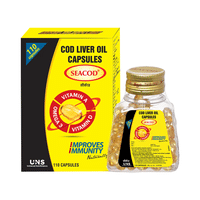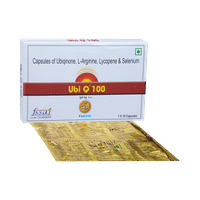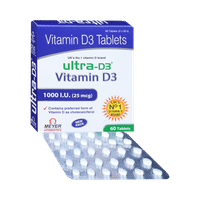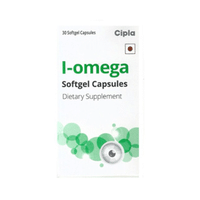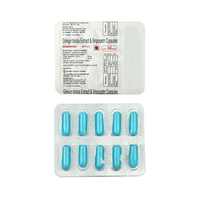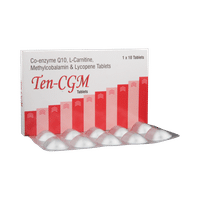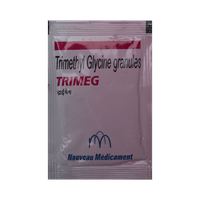Dilrite 30mg Tablet

food interaction for Dilrite Tablet
alcohol interaction for Dilrite Tablet
pregnancy interaction for Dilrite Tablet
lactation interaction for Dilrite Tablet
food
alcohol
pregnancy
lactation
Dilrite 30mg Tablet may be taken with or without food, but it is better to take it at a fixed time.
None
None
CAUTION
Caution is advised when consuming alcohol with Dilrite 30mg Tablet. Please consult your doctor.
CAUTION
Dilrite 30mg Tablet may be unsafe to use during pregnancy. Although there are limited studies in humans, animal studies have shown harmful effects on the developing baby. Your doctor will weigh the benefits and any potential risks before prescribing it to you. Please consult your doctor.
CONSULT YOUR DOCTOR
Dilrite 30mg Tablet should be used with caution during breastfeeding. Breastfeeding should be held until the treatment of the mother is completed and the drug is eliminated from her body.
Alternative method of infant feeding should be considered.
Alternative method of infant feeding should be considered.
CAUTION
SALT INFORMATION FOR Dilrite 30mg Tablet
Diltiazem(30mg)
Dilrite tablet uses
{med_name} is used in the treatment of Hypertension (high blood pressure), Angina (heart-related chest pain) and Arrhythmia.
How dilrite tablet works
Dilrite 30mg Tablet is used to treat angina (heart-related chest pain), high blood pressure, and some types of irregular heartbeats (arrhythmia). It is known as a calcium channel blocker. It works by relaxing blood vessels to lower blood pressure. This helps to reduce the workload of the heart.
Common side effects of dilrite tablet
Headache, Dizziness, Nausea, Palpitations, Rash, Slow heart rate, Weakness, Edema (swelling), Hypotension (low blood pressure), Injection site reactions (pain, swelling, redness), Allergic reaction in eye, Hepatitis (viral infection of liver), Atrioventricular block, Abnormal dreams, Petechiae (red or purple spot caused by bleeding into the skin), Photosensitivity, Dryness in mouth, Breathlessness, Nosebleeds
SUBSTITUTES FOR Dilrite Tablet
51 Substitutes
51 Substitutes
Sorted By
 Rs. 17.25save 31% more per Tablet
Rs. 17.25save 31% more per Tablet Rs. 20.47save 18% more per Tablet
Rs. 20.47save 18% more per Tablet Rs. 18.50save 26% more per Tablet
Rs. 18.50save 26% more per Tablet Rs. 22.31save 11% more per Tablet
Rs. 22.31save 11% more per Tablet Rs. 21.75save 13% more per Tablet
Rs. 21.75save 13% more per Tablet
Expert advice FOR Dilrite Tablet
- Diltiazem slows down the heartbeat and allows the blood vessels in the body to relax.
- This helps prevent angina attacks (chest pain caused by heart disease), certain abnormal heart rhythms, stroke and heart attack.
- It may cause dizziness or sleepiness. Do not drive or do anything requiring concentration until you know how it affects you.
- It may cause you to feel lightheaded or weak especially when you stand up (orthostatic hypotension). Rise slowly if you have been sitting or lying down.
- It is best to avoid drinking alcohol while taking Diltiazem as it may make the side effects worse.
- Do not stop taking it suddenly without talking to your doctor first.
Frequently asked questions FOR Dilrite 30mg Tablet
Diltiazem
Q. Is Dilrite 30mg Tablet a blood thinner?
No, Dilrite 30mg Tablet is not a blood thinner. It belongs to the calcium channel blocker class of medicines. It is used to treat hypertension, arrhythmias and angina (chest pain caused by a reduction of oxygen to the heart muscle).
Q. Does Dilrite 30mg Tablet cause weight gain?
Yes, Dilrite 30mg Tablet may cause weight gain but not in everybody. However, if you are gaining weight while taking Dilrite 30mg Tablet then consult your doctor or a nutritionist.
Q. Is it better to take Dilrite 30mg Tablet in the morning or at night?
It is recommended to take Dilrite 30mg Tablet at night and before meals. The dose will be decided by your doctor and should be taken exactly as prescribed by the doctor.













